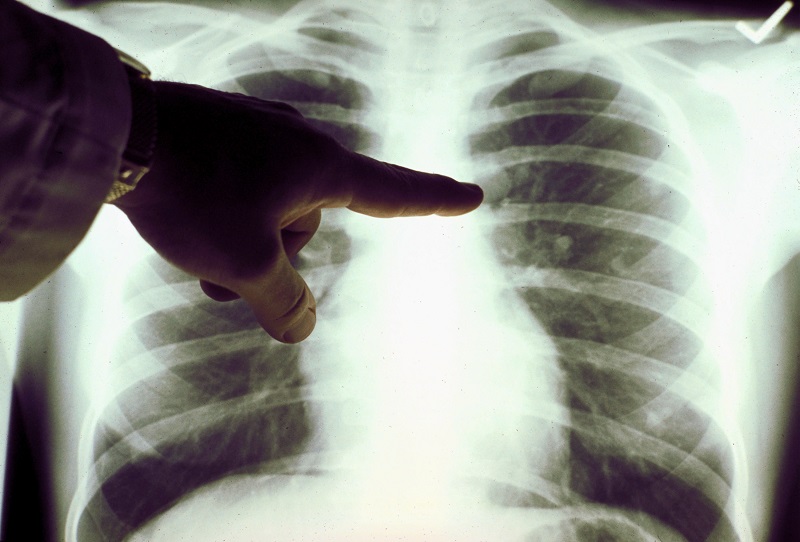Cancer is, and probably always will be, a hot topic of conversation when it comes to health. It’s been in the news a lot lately, as the World Health Organization has placed red and processed meats on its list of known carcinogens — along with tobacco. Not only that, but a number of supplements have also been under suspicion as well, fueling the fires of worry for many people.
Cancer is a serious problem in the United States, as it is actually the second-leading cause of death. And there are numerous ways that cancer can manifest. Fortunately, there are also a number of preventative measures that you can take as well.
According to the National Cancer Institute, “it is usually not possible to know exactly why one person develops cancer and another doesn’t. But research has shown that certain risk factors may increase a person’s chances of developing cancer.”
“When many studies all point to a similar association between a potential risk factor and an increased risk of cancer, and when a possible mechanism exists that could explain how the risk factor could actually cause cancer, scientists can be more confident about the relationship between the two,” the Institute’s website says.
And it’s those “mechanisms” that provide us with the best basis for prevention. There are a few big ones, and by limiting your exposure to, or avoiding them all together, you may be able to ward off any cancerous developments. Of course, there are no guarantees, but you’ll be better off.
1. Avoid vices


















